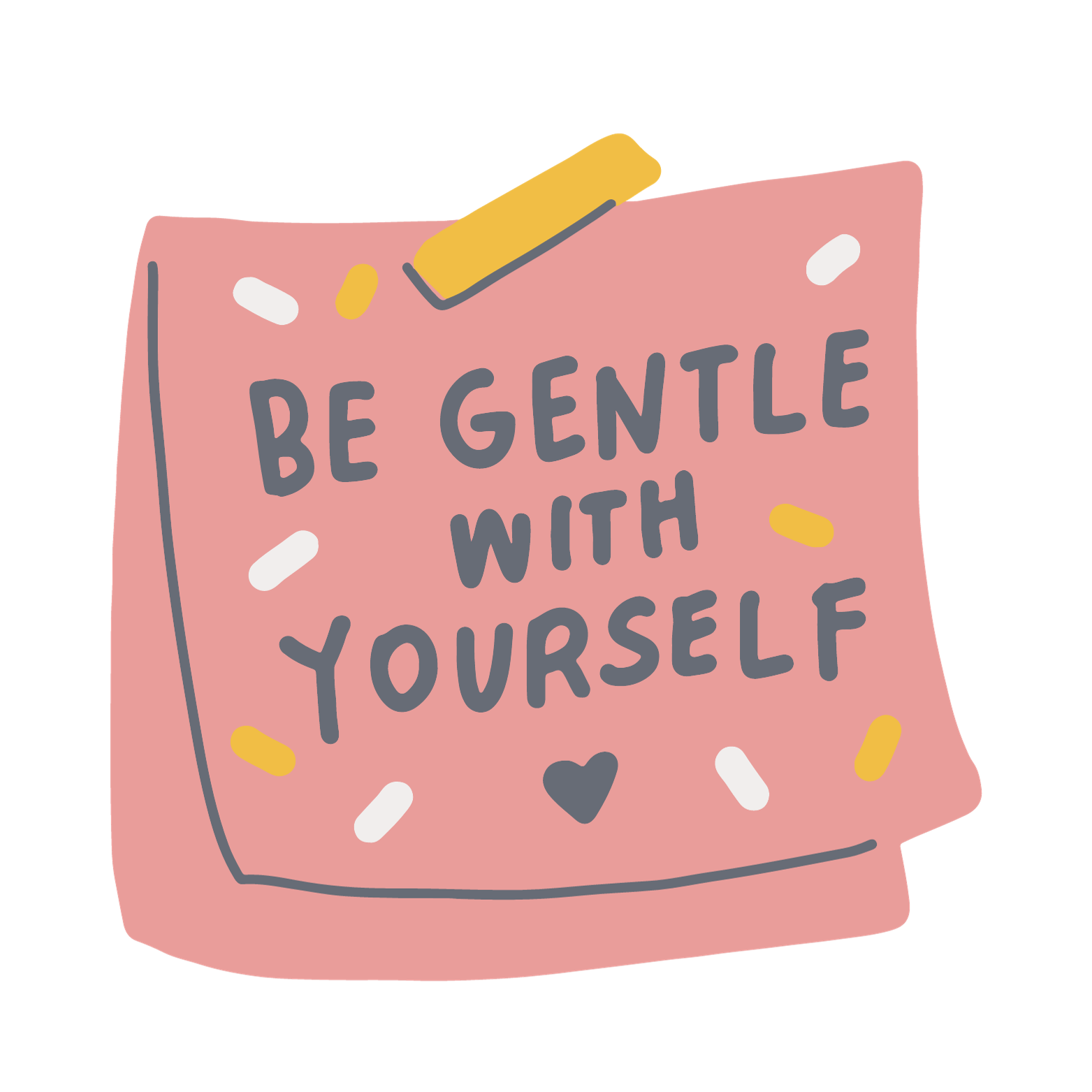
Baby Blues Connection provides free and confidential support to parents coping with postpartum depression and anxiety.
Parenthood is hard;
we’re here for you.
YOU'RE NOT ALONE
YOU'RE NOT ALONE
Signs you might need
some support during pregnancy and/or postpartum:
DEPRESSION
Overwhelm
Despair
Weepiness (beyond the first two weeks)
Flat or Volatile Emotions
Detachment and depersonalization
Anxious and Agitated
Anger and irritability
Difficulty eating, sleeping, and concentrating
ANXIETY OR PANIC DISORDER
Rapid heartbeat
Temperature fluctuations
Feelings or dread or apprehension
Insomnia
Dizziness
Fears of going crazy, illness, losing sight, or ability to breathe
Fear of being alone
Fluctuates in intensity and frequency
OCD
An anxiety disorder, not a thought disorder
Repetitive and intrusive thoughts, images, and/or fears that are troubling or abhorrent to the birthing person
Anxiety about specific places or activity (i.e. taking the stairs)
Ritualized avoidance or compulsive behaviors
Repetitive fears about health and safety
PTSD
Anxiety, panic, or intrusive thoughts or flashbacks related to a specific event (e.g. birth or past trauma)
Recurrent images or nightmares, fears, ruminating, withdrawal, and anger
Dissociation and depersonalization
Postpartum psychosis is a serious medical condition that requires diagnosis and immediate care. If you suspect someone you know is experiencing postpartum psychosis, please seek medical care.
Source: Wendy Davis, PhD
Support Groups
Supporting
Parenting Experiences
Our groups are led by trained facilitators and designed to support all people learning to handle stress related to becoming a parent. We focus on depression, anxiety, birth trauma and more. Not sure what to expect? Message us here and we’ll talk it through.
Supporting
Birth-Specific Experiences
Struggling with your birth or ever-evolving body? This group might be for you. Our trained facilitators create a safe space for folx to share their physical and emotional concerns as they relate specifically to birth and their birthing bodies.


